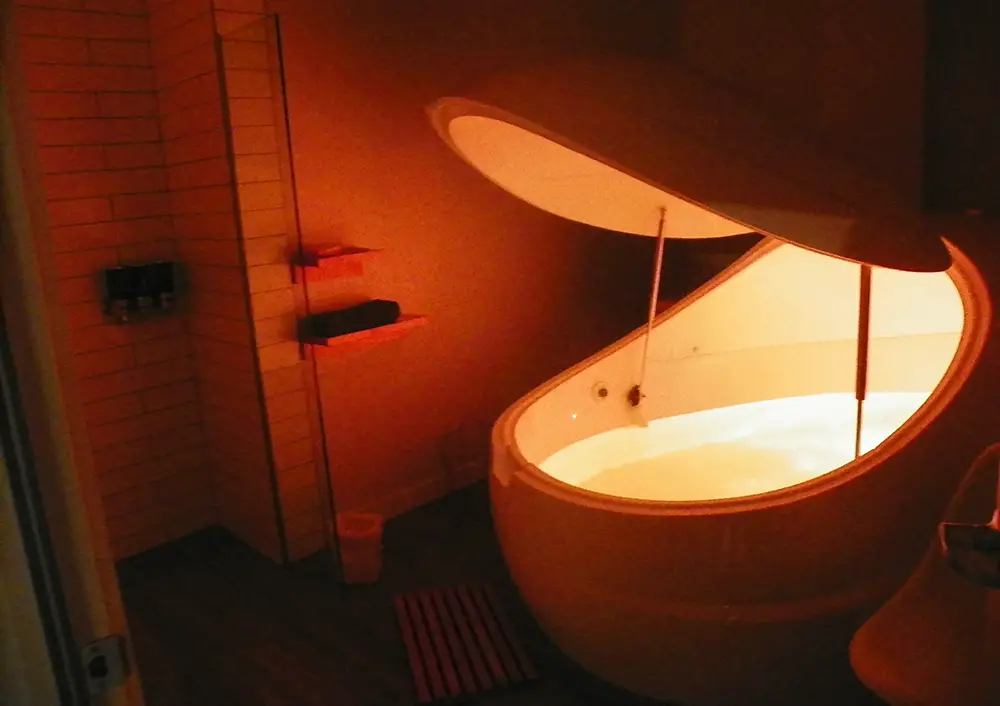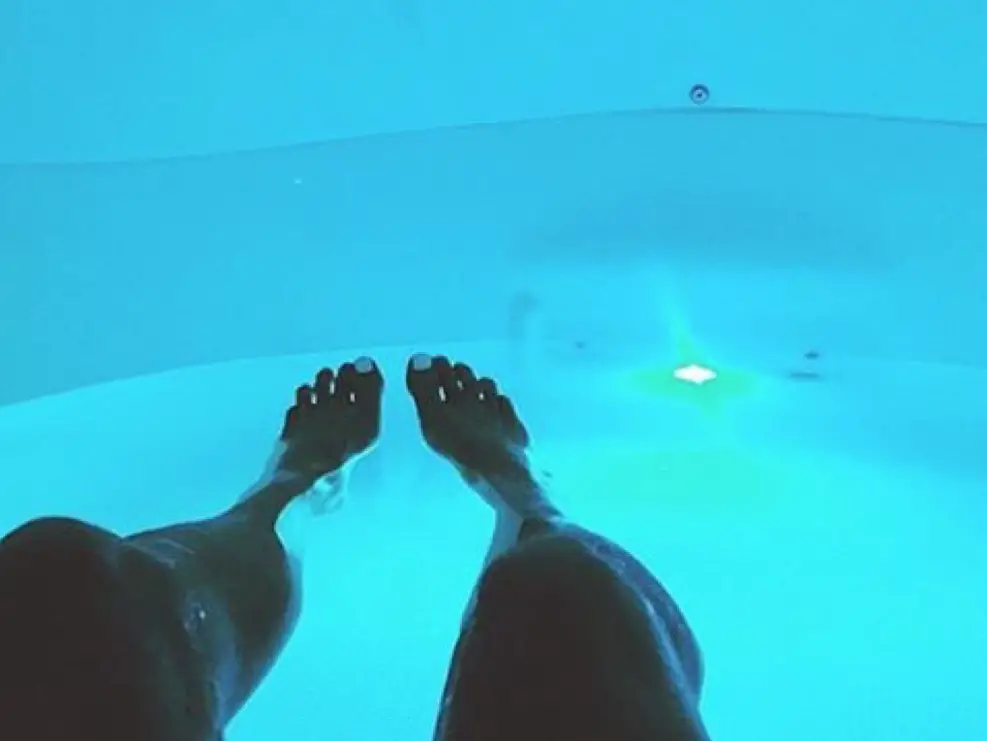The entire construct of the sensory deprivation concept does seem to be an idea that jumps right of the pages of a Dr. Strange comic, but the truth is that, sensory deprivation via floatation therapy is a very simple idea that was the brainchild of one Dr. John C Lilly who came up with the idea in the mid 50s.
The idea which was not taken seriously during that time except for science buffs and those who took on to the strange and different like ducks to water has come full circle and Dr. Lilly’s ‘sensory deprivation tanks is currently being acknowledged as a medical wonder that has the provides incredible medical benefits to those who float for a mere hour or two on a weekly basis.
The incredibly simple concept is based on redirecting the resources of the brain to do other things by bringing it to one of the most elusive ‘brain wave states’ there is, known as the Theta State.
How this is possible is what makes this concept so incredibly simple, scientist have already estimated quite precisely that 90 % of the work our brain has to contend with is due to its constant engagement with our external environment and by ‘external environment’ they mean gravity, touch, temperature, smell, vision, and hearing that have continuous affect on our muscles, our entire nervous system, and as well as our organs. What happens when we are placed in a floatation tank is the tank blots out the external stimuli which allow the floater to achieve a sensational state of relaxation without any conundrums from our sensory system.
The absence of external stimulation triggers a parasympathetic response which reduces tension in muscles, reduces blood pressure, heart rate and oxygen consumption. Some studies even reveal that stress hormones are also significantly reduced and generally are replaced with elevating endorphins which in turn improve our emotional control abilities and gives us a sense of positivity.
It seems that the negative elements simply melt away in the tank, along with the stress and tension that accompanied them. Some of the more startling revelations (but not 100 % proven) is that dependence on nicotine, alcohol and eating disorders are effectively reduced and sometimes these changes occur after the very first sessions.
However, as mentioned, these correlations have not been proven via controlled clinical tests, but empirical evidence certainly seems to be guiding researchers in that direction based on the fact that compulsive behavioural traits are associated with lower production of endorphins in the body and the float tank seems to be more than ‘just effective’ based on the high success rates of these floatation tanks, which is commonly being regarded as floatation therapy these days.
The success rate of floatation therapy has been largely attributed to the enhanced level of control that the mind secures over mental processes that are usually under the jurisdiction of the subconscious realm.
The level of brain activity during floatation therapy according to researchers is close and sometimes identical to the elevated state of consciousness that achieved by Indian Yogis or Buddhist monks who have mastered the ancient Indian art of meditation and it is quite obvious that not many of us are willingly going to spend a decade in a cave to achieve these ‘mind states’ in order to get our brain into the Theta state, using floatation tanks is the shortcut that has been made available for us to enter the theta state whilst awake.
Researchers have also confirmed that creative thoughts and problem solving abilities increase significantly due to the clarity induced by these sensory deprivation tanks based on the fact that subjects do not stop generating creativity for up to three weeks after a single float session. Other factors or observations worth mentioning here includes heightened motivation which in general automatically reduces depression, anxiety and fear or in other words, the ‘body stands down’ from the fight or flight response.
For more on the proven benefits of floatation, visit the Rest House Float Centre Melbourne website.
What to expect from you floating therapy:



